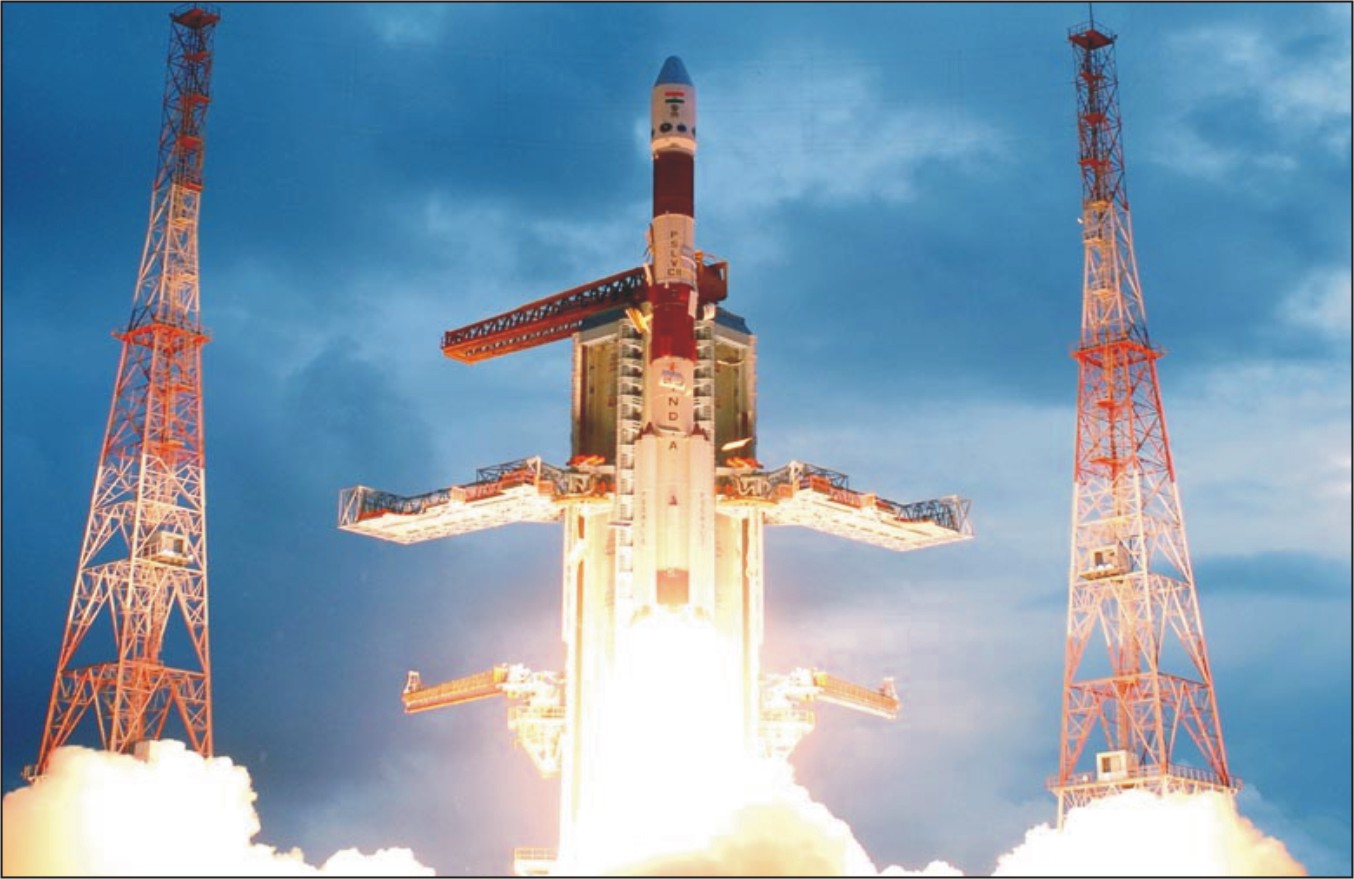Developing countries are increasingly exploring outer space

Recently, many countries, which are called “developing”, are looking towards space exploration projects. Previously, countries whose economies are not as well developed as those of a number of European countries or the United States almost never implemented such projects due to their high cost. But technologies are developing, space, if I may say so, is getting cheaper, and now India, Pakistan, the United Arab Emirates and Bangladesh are interested in them. China stands apart with its fairly well-developed economy and ambitious near-space exploration programs.
So, this week the Indian Space Research Organization (ISRO) announcedthat in October, India will launch its lunar rover near the South Pole of the Moon. The goal - research, as well as an attempt to detect the source of water (of course, in the form of ice) and helium-3, which is considered a promising fuel for fusion reactors. In the near future, India plans to launch production of this fuel along with China.
Last year, India ranked fifth in the list of countries that have their own space programs in terms of space exploration costs. This state in terms of investments in space projects was overtaken only by the United States, China, Russia and Japan. The United States spends about $ 39.3 billion on space projects. India will probably not soon catch up with Americans with its $ 1.2 billion. On the other hand, the effectiveness of space exploration does not depend on the amount of resources expended. After all, the same Indians from scratch have developed and successfully launched an artificial satellite of the Red Planet into the orbit of Mars. The budget of this project was about $ 70 million, which is many times less than other countries usually spend on projects of a similar scale.
Also last year, India launched its own launch vehicle, PSLV-C37.from the Shriharikot cosmodrome. The rocket put 104 satellites into Earth orbit. India performed its first flight to the moon in 2008. In October of this year, the state plans to send another spacecraft Chandrayaan-2 , which will deliver the Indian lunar rover for a new operation. Lunar rover will search for helium-3. Perhaps India will also develop programs to explore Mars and Venus.
China is not far behind India, rapidly developing a space program. Its results can be compared with the achievements of the leading "space powers." Although the country has been participating in research for only 15 years, the DPRK chairman Xi Jinping has repeatedly assured the world community that becoming a space superpower for the country is one of the top priorities for the near future. Financial expenses in this area for China amounted to $ 6.2 billion. For the first time, a Chinese cosmonaut (taikonaut) has flown into space since 2003. Lunokhod was sent to a natural satellite of the Earth in 2013, the year.
With the efforts of private space companies Chongqing Liangjiang Star and OneSpace a little more than a month ago it was launchedThe first Chinese rocket developed by a private company. She was named Chongqing Liangjiang Star. By 2019, OneSpace is about to launch 10 launch vehicles. And by 2022 - the orbital station, and inhabited. By the end of 2018, China will send the moon rover Chang'e 4 to the moon. He will be studying the reverse side of the moon. The first landing of a man on the Earth’s satellite, the DPRK is going to be carried out in 15 years. As for satellites, China is not far behind the leading world powers: today, China has launched more than 240 satellites into orbit.
A few years ago it was difficult to imagine that Bangladesh and Iran are developing their own space programs. But now it is a fact. In May of this year, with the help of SpaceX's Falcon-9, Bangladesh launched its first satellite into Earth orbit. And last year, Iran launched its own launch vehicle, Simorgh . Until the end of this year, the Iranian space program includes plans to launch another satellite called Sharif Sat.
Well, a little about the UAE and Egypt. Last year, the United Arab Emirates announced the start of work on the Mars 2117 program. Within its framework, the UAE plans to land a manned mission in the next hundred years. The Emirates created its own space agency four years ago, and by 2021 their first space probe will be sent to Mars for research. Saudi Arabia is sending another satellite to Earth orbit this year, and this will be its 14th satellite.
It is worth noting that Egypt also joined the countries interested in space last year.
Pakistan is not lagging behind its colleagues in its ambitious plans: the country is planning to build a space center and develop a satellite in the near future. Not so long ago, Turkey announced its desire to send its representative to space for research.
As we see, space powers are becoming more and more, and this is good news, because in the space sphere, competition really contributes to a more active exploration of space and the acquisition of huge amounts of knowledge about space.
